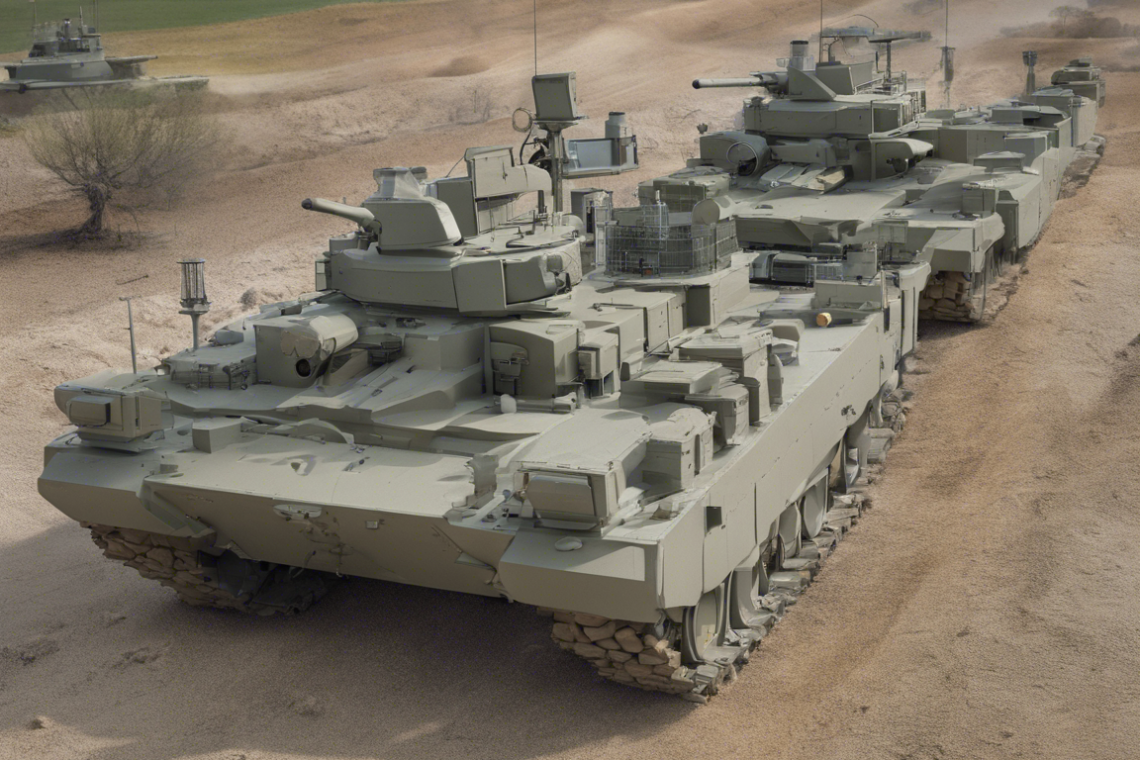Latest Military Engineering Updates and Developments
The field of military engineering is constantly evolving with new technologies and innovations being developed to ensure the safety and effectiveness of military operations. In this article, we will delve into some of the latest military engineering updates and developments that are shaping the future of warfare.
Advancements in Robotics and Autonomous Systems
One of the most significant developments in military engineering is the increasing use of robotics and autonomous systems. These technologies have the potential to revolutionize the way wars are fought by reducing the risk to human lives and increasing the efficiency of military operations. From unmanned aerial vehicles (UAVs) to ground robots, the military is investing heavily in these technologies to gain a strategic advantage on the battlefield.
Key Developments:
– Swarm Robotics: Military researchers are exploring the use of swarm robotics for tasks such as surveillance, reconnaissance, and even combat operations. These swarms of small robots can work together to achieve a common goal, providing a force multiplier for military units.
– Autonomous Drones: Advances in AI and sensor technologies have led to the development of highly autonomous drones that can operate independently in complex environments. These drones can be used for various missions, including intelligence gathering, target acquisition, and air strikes.
Integration of Augmented Reality and Virtual Reality
Augmented reality (AR) and virtual reality (VR) technologies are finding a growing number of applications in military engineering. These technologies offer immersive training experiences for soldiers, as well as enhanced situational awareness on the battlefield.
Key Developments:
– AR Headsets: Military units are incorporating AR headsets into their training programs to simulate realistic combat scenarios. These headsets overlay digital information onto the soldier’s field of view, providing vital data such as maps, enemy positions, and friendly forces.
– VR Simulators: VR simulators are being used to train soldiers in a variety of skills, from marksmanship to vehicle operation. These simulators provide a safe and cost-effective way to practice critical tasks in a realistic environment.
Modernization of Military Infrastructure
In addition to high-tech gadgets and gizmos, military engineering also encompasses the modernization of military infrastructure such as bases, ports, and airfields. Ensuring that these facilities are up to date and well-maintained is crucial for supporting military operations around the world.
Key Developments:
– Smart Bases: Military bases are becoming increasingly interconnected through the use of IoT devices and sensors. These smart bases can monitor everything from energy consumption to security breaches, enhancing operational efficiency and security.
– Green Technologies: The military is also exploring the use of renewable energy sources and sustainable building materials to reduce its environmental impact. Solar panels, wind turbines, and energy-efficient buildings are being incorporated into military infrastructure projects.
FAQs:
- What is military engineering?
-
Military engineering involves the application of engineering principles and technologies to support and enhance military operations.
-
What are some common tasks performed by military engineers?
-
Military engineers are responsible for tasks such as constructing fortifications, building roads and bridges, clearing obstacles, and developing defensive systems.
-
How has technology changed the field of military engineering?
-
Technology has revolutionized military engineering by introducing advancements such as robotics, autonomous systems, AR/VR, and smart infrastructure.
-
Why is modernizing military infrastructure important?
-
Modernizing military infrastructure is essential for ensuring that military operations can be carried out effectively and efficiently, while also supporting the well-being of military personnel.
-
What are some challenges faced by military engineers today?
- Military engineers face challenges such as adapting to rapidly evolving technologies, balancing operational needs with budget constraints, and addressing environmental concerns in their projects.
In conclusion, military engineering is a dynamic field that continues to push the boundaries of innovation and technology. From robotics and autonomous systems to AR/VR integration and modern infrastructure projects, the latest developments in military engineering are shaping the future of warfare and national defense.








